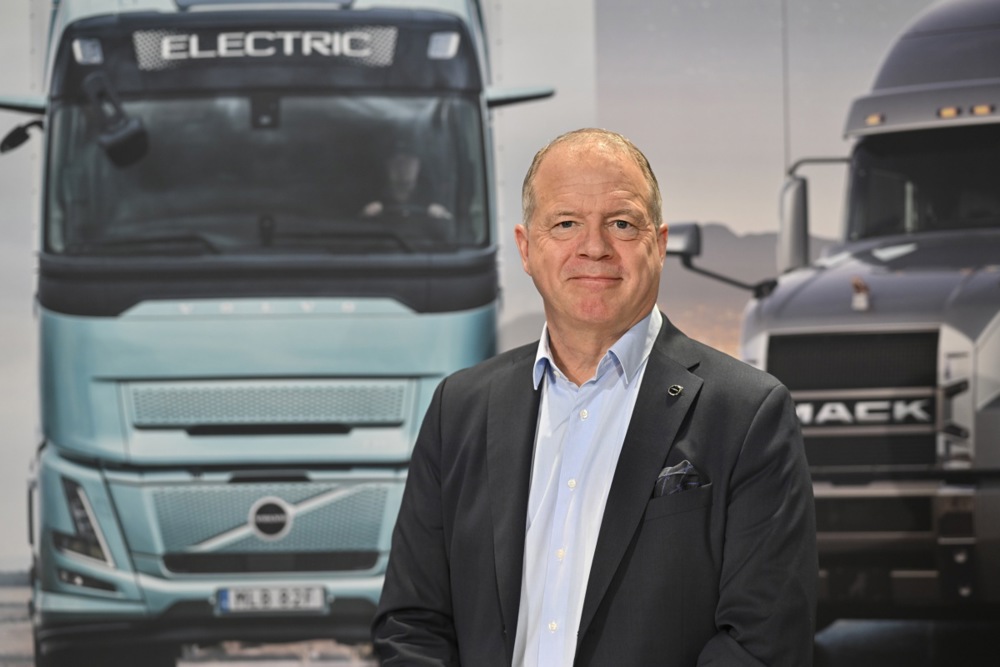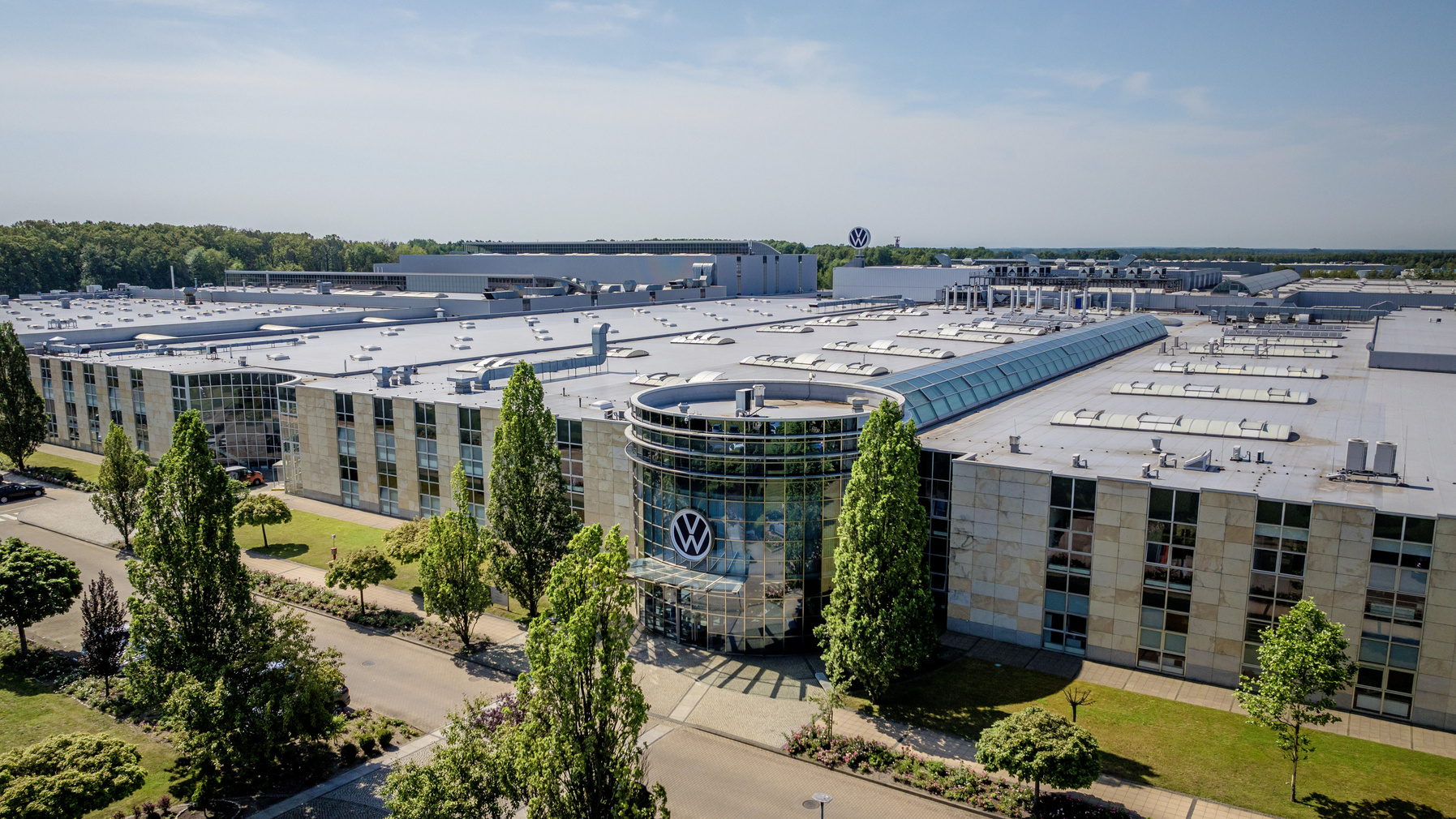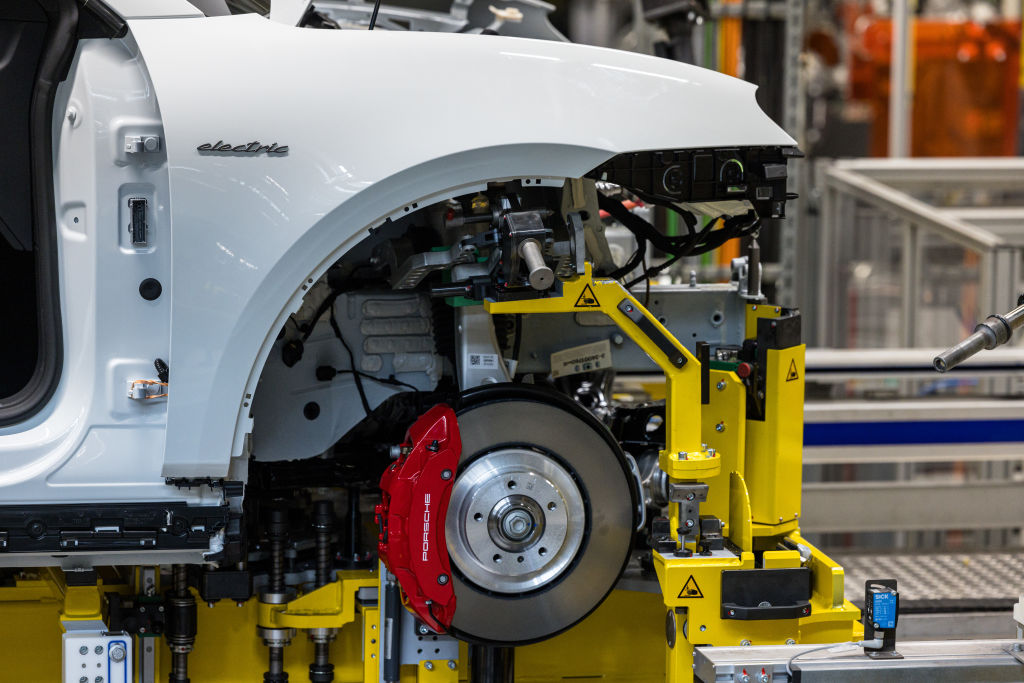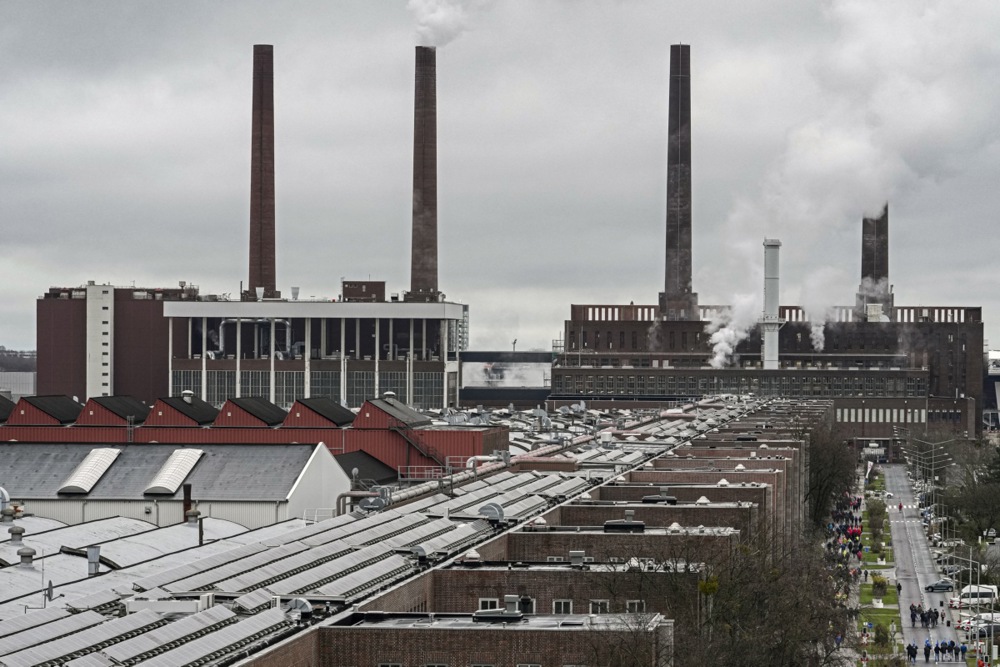German car manufacturer Mercedes-Benz suffered a huge drop in profits in the first half of this year, down by 55.8 per cent.
Its second-quarter earnings plunged almost 70 per cent and net profit was far below market expectations.
Mercedes said during the presentation of its Q2 financial results on July 30 that it expected the entire year of 2025 to be poor and said it would be cutting costs and trimming profit margins to stem the losses.
The adjusted return on sales for the passenger car division was projected to be four to six per cent in 2025, sharply down from 8.1 per cent in the already challenging previous year.
Overall sales were also expected to be considerably lower.
The German premium carmaker earned €2.7 billion in profit in the first six months of this year, a far cry from the €6.1 billion it garnered in 2024.
As with many other European vehicle manufacturers, the reasons behind the decline included tariffs, declining sales and high costs.
Without tariffs, the firm’s car business would have achieved a profit margin of 6.6 per cent compared to an actual 5.1 per cent, Mercedes-Benz said.
Sales declined by 8.6 per cent in the first half of 2025, moving from €72.6 billion to an estimated €66.4 billion.
Concurrently, operating profit (EBIT) was nearly halved, falling by approximately 55 per cent from €7.9 billion to around €3.6 billion.
This adverse trend continued the challenging results of the 2024 fiscal year, which saw group net income contract by more than 28 per cent year-on-year to €10.4 billion, significantly impacted by weakened business in China.
Chinese sales tumbled 19 per cent, challenged by local competition.
For the whole of 2024, sales suffered a 4.5 per cent reduction to €145.6 billion, while EBIT decreased by almost a third, reaching €13.6 billion.
Despite a decline in profit, Mercedes-Benz’s industrial business generated €1.9 billion in free cash flow in Q2 2025, marking a 14 per cent improvement compared to the same period last year.
Total Mercedes-Benz car sales fell by 9 per cent to 454,000 units. In contrast, electric vehicle deliveries rose by 4 per cent to 94,000 units, now accounting for 21 per cent of total sales volume, up from 18 per cent in Q2 2024.
Mercedes-Benz’s executive board announced a proactive cost-cutting programme in February designed to reignite profitability and sales in the years ahead.
Key targets included a 10 per cent decrease in production costs by 2027 and an additional 10 per cent reduction in fixed costs by 2027. The programme will also focus on optimising material costs.
A comprehensive package of measures has been agreed with the firm’s central works council, incorporating a severance programme for employees in indirect areas, meaning those outside of direct production.
Despite the falling profits, Ola Kaellenius, CEO of Mercedes-Benz Group, remained positive. “We achieved robust financial results in the second quarter given the dynamic business environment,” he said in a press release on July 29 focusing on the success of “efficiency measures”.
He said the company should “stay on course to deliver desirable and intelligent products, while keeping a tight grip on costs”.
Under the new US administration, European cars crossing the Atlantic had faced an extra 25 per cent levy.
With the recent deal between the European Union and the US, tariffs were reduced to 15 per cent, almost half of the 27.5 per cent tariff that was set to be implemented on August 1.
In the meantime, sales of Mercedes-Benz in the US dropped 12 per cent.
Highlighting its commitment to future innovation and luxury positioning, Mercedes-Benz recently unveiled the AMG GT XX as a preview of upcoming performance technologies.
Concurrently, the automaker demonstrated advanced point-to-point driving assistance features in China.
In a strategic move designed to solidify its high-end market presence, Mercedes-Benz also opened the world’s first dedicated Maybach brand centre in Seoul.
The Socialist Mayor of the German city of Hamburg Peter Tschentscher is dumping his electric Mercedes EQE 500 as, it seems, with the current cold weather its range is too low to be “functional”. https://t.co/NmnKzy1AzP
— Brussels Signal (@brusselssignal) January 17, 2024





